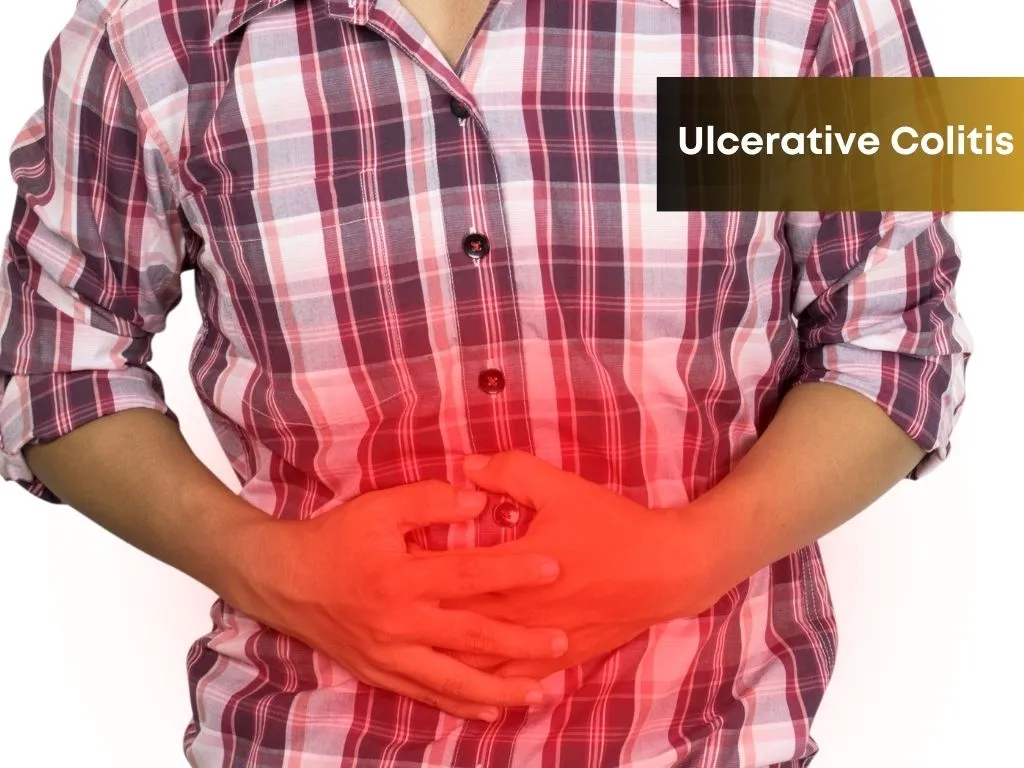Headaches
-
 Nalamaree Team
Nalamaree Team
- 23 September 2025
Overview
Causes
Symptoms
Pain Characteristics:
- Dull, aching, or sharp pain
- Throbbing or pulsating sensation
- Pressure-like feeling around the head
Location of Pain:
- Unilateral (one side of the head)
- Bilateral (both sides of the head)
- Pain behind the eyes or forehead
Associated Symptoms:
- Nausea and vomiting
- Sensitivity to light (photophobia)
- Sensitivity to sound (phonophobia)
Neurological Signs:
- Visual disturbances (aura, flashing lights)
- Numbness or tingling in extremities
- Difficulty concentrating
Muscle Tension:
- Tightness or stiffness in neck and shoulders
Sinus-Related Symptoms:
- Nasal congestion or runny nose
- Facial pain or pressure
Duration and Frequency:
- Episodic (lasting hours to days)
- Chronic (recurring frequently or daily.
Treatment: Modern Medicine
Treatment: Traditional Medicine
Caution




.jpg.webp)














.jpg.webp)
